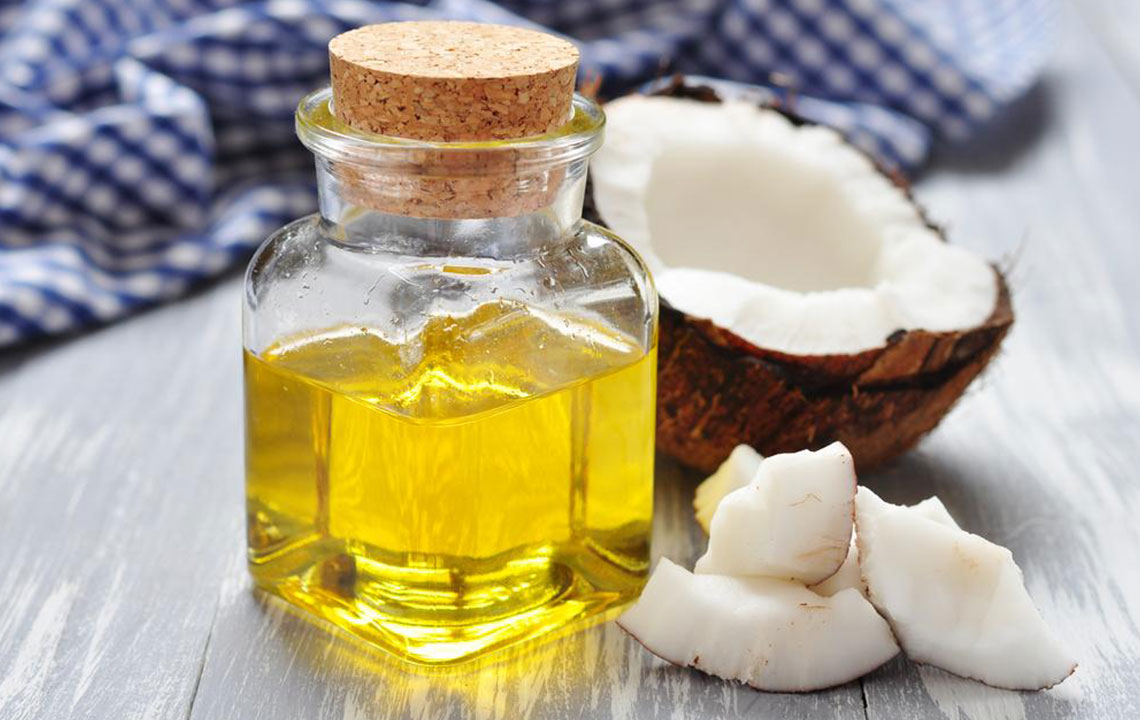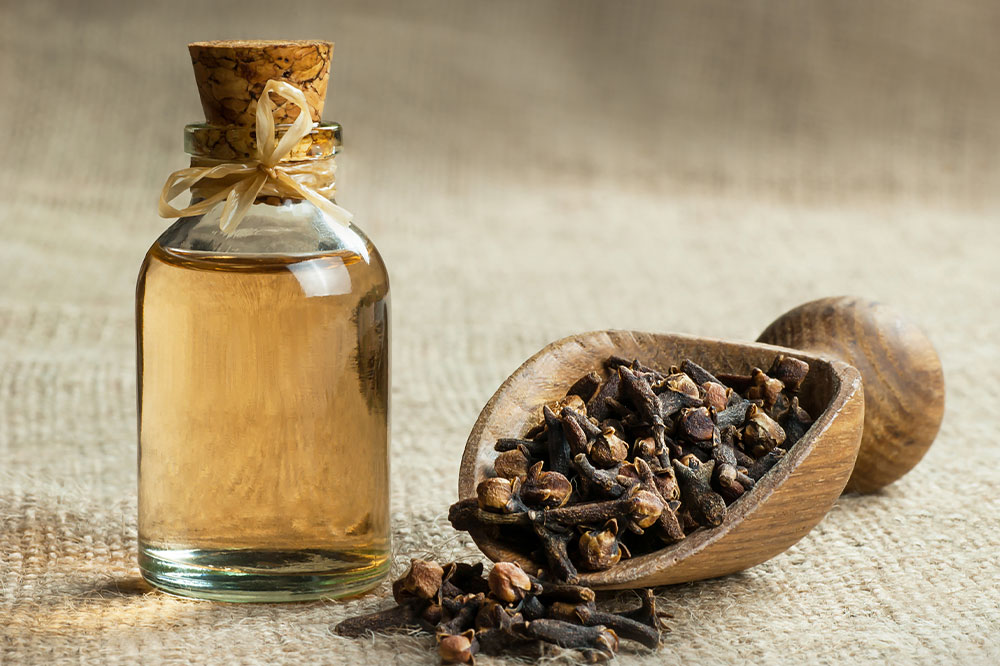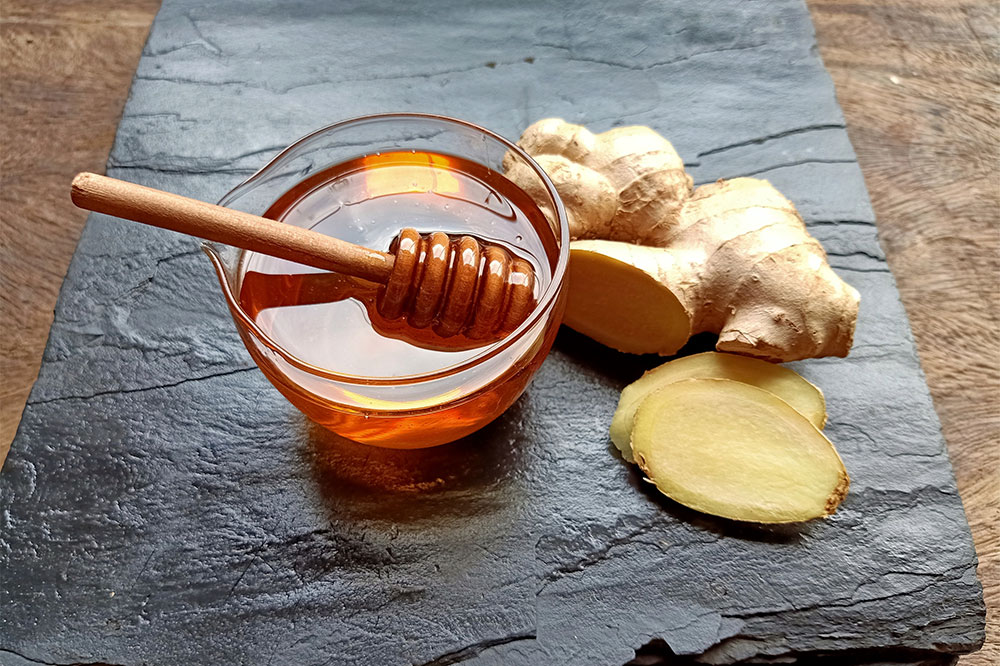Comprehensive Home Remedies to Alleviate Wisdom Tooth Pain Naturally
This comprehensive guide explores effective home remedies for wisdom tooth pain, including saltwater rinses, clove oil, cold compresses, and herbal solutions like garlic and guava leaves. These natural methods provide immediate relief from pain and inflammation, helping you manage discomfort until you can see a dentist. Perfect for individuals seeking safe, inexpensive, and easily accessible pain management options, these remedies can be a helpful addition to your oral health routine.

Natural Solutions and Home Remedies for Managing Wisdom Tooth Discomfort
Wisdom tooth pain is a common dental issue that can cause significant discomfort, affecting daily routines and quality of life. It often manifests as sharp, persistent pain, swelling, redness, and tenderness around the affected area. Many individuals seek quick, effective relief methods before visiting a dentist. Fortunately, various home remedies can help alleviate the pain and reduce inflammation, providing temporary relief and supporting overall oral health.
Understanding how to manage wisdom tooth pain at home is beneficial, especially when immediate dental care isn't available. These remedies are mostly natural, inexpensive, and easy to perform, making them accessible options for most people.
Warm Saltwater Rinse: One of the simplest and most effective home remedies for wisdom tooth pain is rinsing the mouth with warm saltwater. Dissolve a teaspoon or two of sea salt in a glass of warm water. Swish this solution thoroughly around the mouth, ensuring it reaches the affected area, then spit it out. Repeating this process multiple times a day can significantly diminish swelling, remove bacteria, and promote healing of inflamed tissues. Saltwater rinses also help soothe soreness and provide a cooling effect that alleviates discomfort. Regular use is recommended, especially after eating or drinking sugary or acidic foods.
Consistent saltwater rinses can reduce pain and prevent secondary infections around the wisdom tooth area.
Clove: Clove, a well-known natural analgesic, contains eugenol, which has powerful pain-relieving properties. To use it, you can place a whole clove directly on the painful area, gently biting it to release its juices. Alternatively, applying a few drops of pure clove oil directly to the affected gum with a cotton swab provides targeted relief. Clove oil should be used sparingly and diluted if necessary to prevent irritation. Repeating this application 2-3 times daily can help diminish the sensation of pain, especially during acute flare-ups.
Clove and clove oil are highly effective for temporary pain relief, thanks to their antiseptic qualities that also help reduce bacterial buildup.
Ice Pack: Applying an ice pack or a cold compress on the outside of your cheek over the painful area is a quick method to numb pain and reduce swelling. Wrap a plastic bag filled with ice or a gel-based cold pack in a thin cloth to prevent frostbite. Apply it gently to the cheek for at least 10-15 minutes, repeating every few hours as needed. The cold constricts blood vessels, decreasing inflammation and providing a numbing effect that eases throbbing pain. This method is particularly useful immediately after experiencing pain or injury.
Cold therapy is a reliable, non-invasive method to get instant relief from wisdom tooth pain and swelling.
Garlic: Recognized for its potent natural antiseptic and antibacterial properties, garlic can help fight infection and soothe aching gums. To use garlic for pain relief, peel a fresh garlic clove and chew it slowly near the affected tooth to release its juice, or crush the garlic to make a paste, which can be carefully applied directly onto the sore spot. Be cautious with the amount, as extensive use may cause a burning sensation due to raw garlic’s strength. Regular use can help in reducing bacterial growth and alleviating pain.
Garlic acts as a natural healer, promoting faster recovery by combating infections associated with wisdom tooth issues.
Onion: Similar to garlic, onion contains compounds with anti-inflammatory and antimicrobial benefits. Placing a small piece of onion near the painful tooth or biting into it gently can release beneficial juices that provide temporary relief. Keep the onion in place for about 10 minutes, and repeat as necessary. Biting and chewing releases enzymes and juices that help soothe inflamed tissues and reduce discomfort.
Onions can be a simple, edible remedy to help mitigate wisdom tooth pain naturally and effectively.
Apple Cider Vinegar: Apple cider vinegar (ACV) is known for its antimicrobial and anti-inflammatory properties. To use it, soak a small piece of cotton in pure ACV and gently press it onto the sore tooth or gum. Keep it in place for about 10 minutes, then rinse your mouth with plain, room-temperature water to neutralize the acidity. This method can provide fast relief by reducing bacteria and soothing inflamed tissues. Do not keep the vinegar on for too long to prevent potential damage to the gums and enamel.
ACV is a natural remedy that can help quickly diminish pain and support healing processes.
Black Pepper: Known for its anti-inflammatory and analgesic properties, crushed black pepper can be used as an effective home remedy. Mix a pinch of freshly ground black pepper with a little bit of salt to make a coarse paste. Apply this paste directly to the sore tooth or gum area. The piperine in black pepper helps reduce swelling and calm nerve sensitivity, providing rapid relief. Alternatively, sprinkling ground black pepper directly onto hot foods can also stimulate saliva production, which naturally washes away irritants.
Black pepper’s natural anti-inflammatory effects help reduce inflammation and pain sensations swiftly.
Guava Leaves: Guava leaves have been used traditionally for their medicinal benefits, including reducing dental pain and inflammation. To use them, boil fresh guava leaves in water until tender. After cooling, chew the softened leaves gently or use the cooled boiled water as a mouthwash. Swishing the infusion around the mouth helps reduce bacteria, soothe inflamed tissues, and diminish pain effectively. The natural antioxidants and antibacterial compounds in guava leaves make them an excellent herbal remedy that’s easy to prepare at home.
Guava leaf remedies are natural, readily available, and highly effective for managing wisdom tooth pain and related inflammation.
Remember that these remedies are intended for temporary relief. Persistent pain, swelling, or signs of infection require prompt consultation with a dental professional. Proper diagnosis and treatment are essential for resolving underlying issues and preventing complications.





